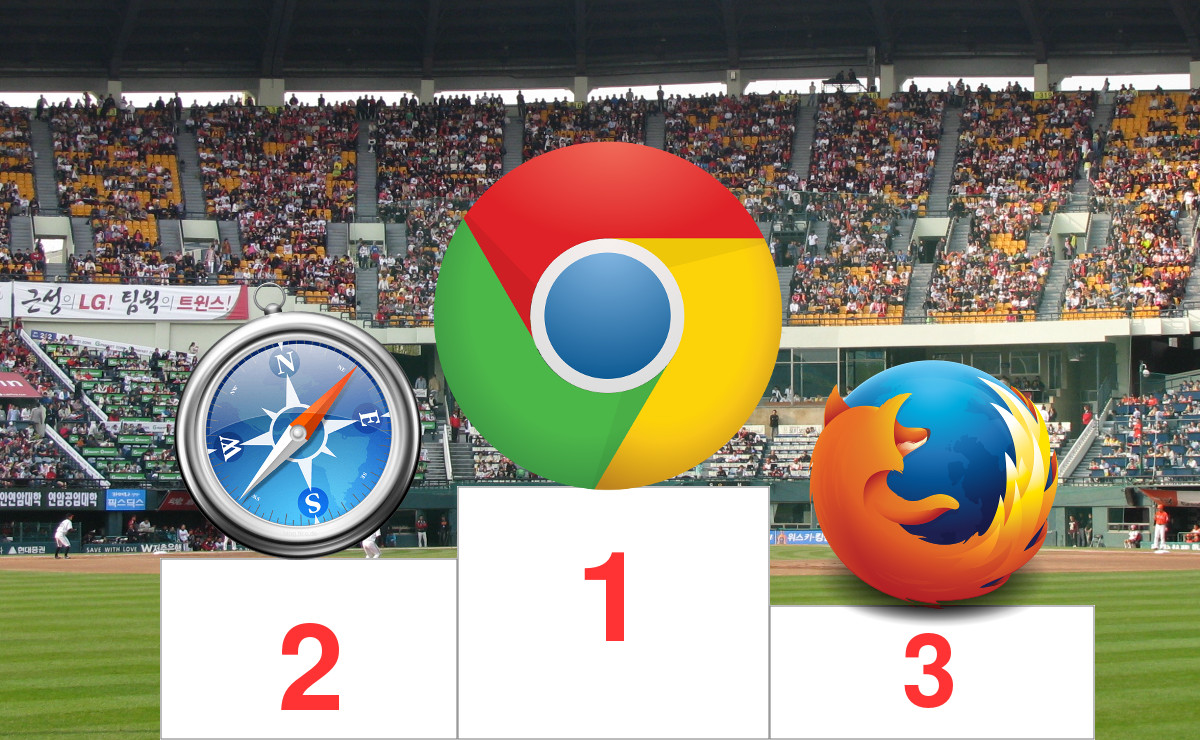After intense fighting between all parties involved, it’s now official, Google has won the browser wars!
In just a few years, the Internet giant has managed to push Microsoft’s IE into the corner, bypass the rising power – Firefox, and finally secure Chrome’s position as the leading web browser to a point where it now holds close to 60% market share according to recent estimations[1].
Congratulations Google, the power is now in your hands.
The consequences of that fighting, as far as the public concerns, is that we now have a much more advanced web in general with more sophisticated and improved technologies such as: HTML5, CSS3, Node.js, HTTP2, etc…
However, the flip side is that the web is now so advanced that creating an entirely new web browser from scratch has become a super complex and demanding task.
Not that it’s ever been a child’s play, yet today if a certain entity (single developer, group of developers, a company, etc) wishes to develop a new web browser bringing their own twist to the table, they would have to face either one of 3 possibilities:
- Take on the might of Google and [most probably] lose.
- Conform to Google’s standards and base upon it.
- Create a niche browser which will gain no significant amount of users.
You see, in case you aren’t familiar with it, this is how the world of web development generally works:
There are web standards which developers usually try to conform to, these standards are not fixed sets of rules, but are a constantly evolving set of specifications developed by standards groups of interested and often competing parties.
Now the bottom line worth noting regarding those standards is that, ultimately, a developer’s goal is to make his web app / website / etc, usable for the largest slice of market share as possible (at least that’s what most developers strive for).
Therefore when Chrome implements a way of doing things, and say, Opera implements another way of doing the same things, developers would tend to go the Chrome way as this will insure a larger piece of the users pie.
Which also stands for why we’re witnessing a wave of Chrome based (more accurately, blink based) web browses lately, such as: Brave, Vivaldi (Opera fork) and even Opera itself switched to Blink engine.
Eventually, it leads to that as a web browser developer, if you wish to keep pace with the main stream, you must face one of the options mentioned above.
At the moment, it seem the only ones who may challenge Google’s newly found browser hegemony, is one of the other big companies, though as the numbers indicate, they’ve already lost.









